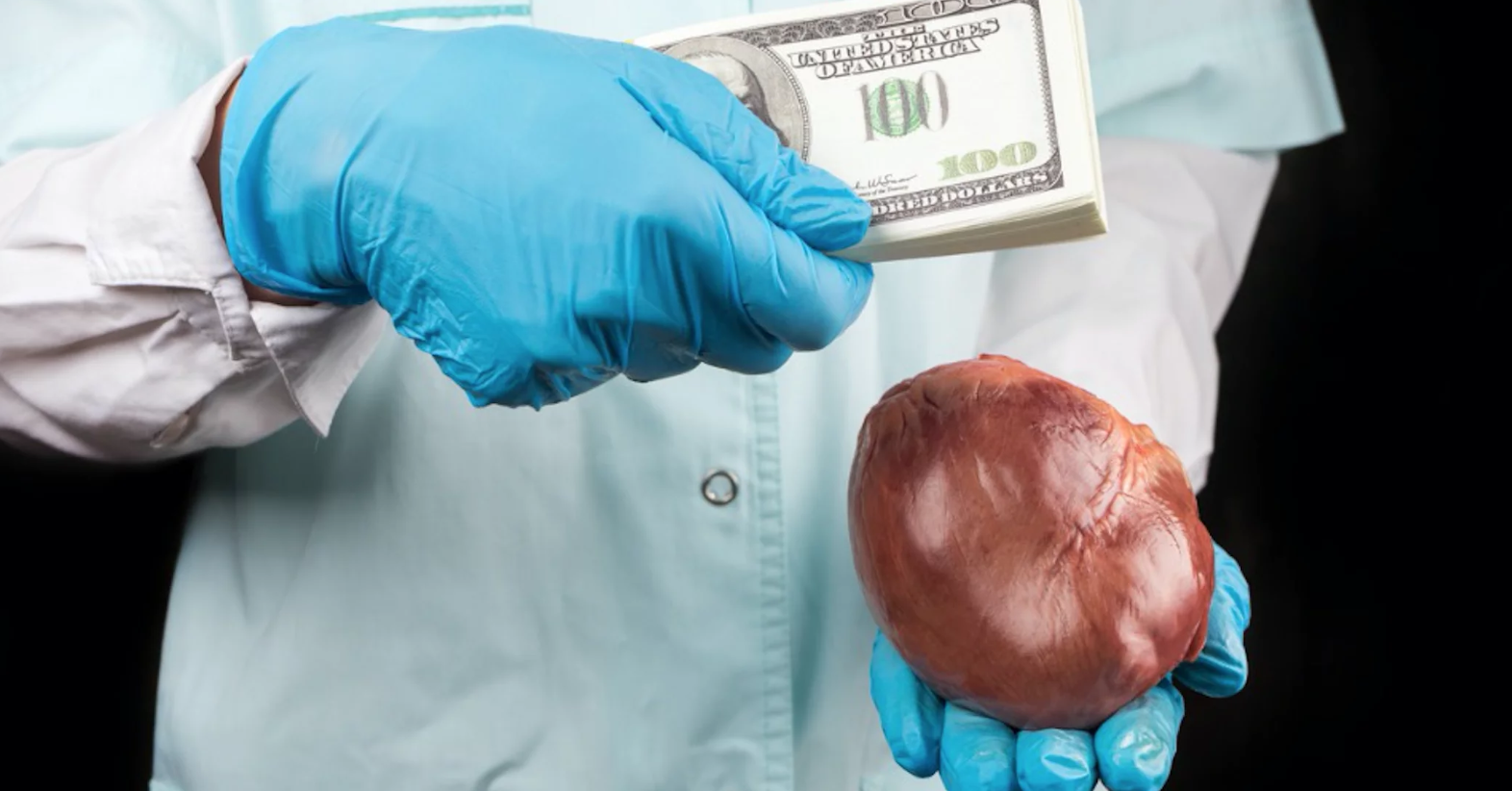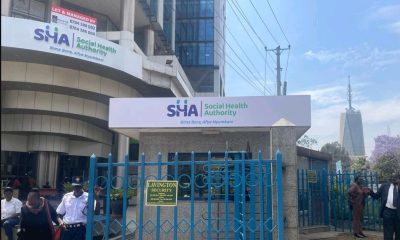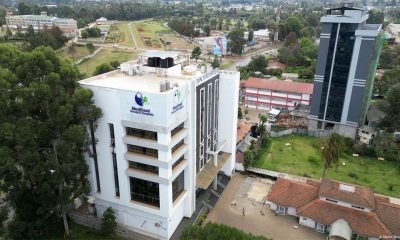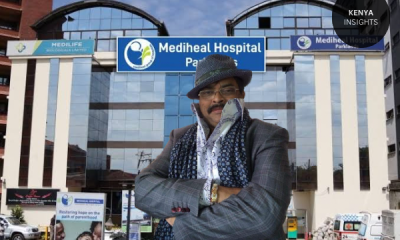Investigations
Government Investigation Exposes Mediheal Hospital in Organs Trafficking Ring
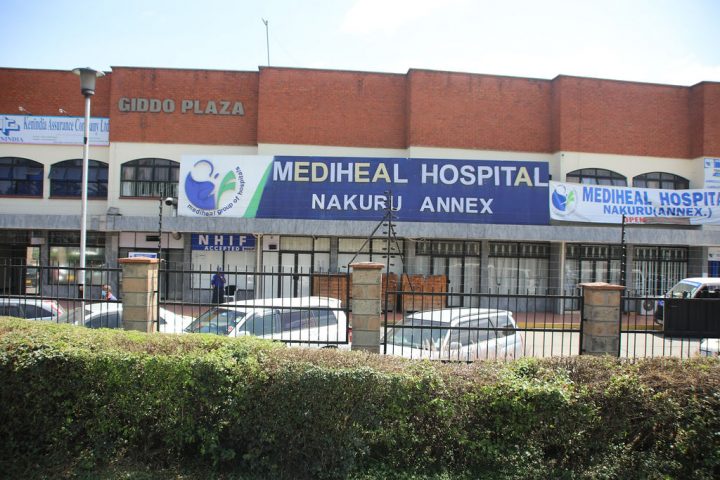
Mediheal organs trafficking is no longer a whispered concern—it’s a full-blown national scandal.
What was once a celebrated name in transplant care has now become the focus of one of the most damning allegations in Kenya’s medical history.
A government-sanctioned investigation has uncovered deeply suspicious patterns in kidney transplant procedures at Mediheal Hospital, casting a long and dark shadow over its operations.
The damning findings, released in a detailed report by the Kenya Blood Transfusion and Transplant Service (KBTTS), paint a chilling picture of potential organ trafficking.
This clandestine network appears to span borders, exploit legal loopholes, and sacrifice medical ethics for profit—all under the guise of saving lives.
Alarming Findings Point to Mediheal Organs Trafficking Operation
A special 12-member investigative committee appointed by Dr. Maurice Wakwabubi, acting CEO of the Kenya Blood Transfusion and Transplant Service (KBTTS), has unearthed what appears to be an elaborate organ trafficking network tied to Mediheal Fertility and Transplant Centre in Eldoret.
The report, titled ‘Fact-Finding Mission at Mediheal Hospital — Eldoret Report,’ outlines glaring irregularities in kidney transplants performed since 2018. The committee reviewed 372 kidney transplant cases carried out at Mediheal Hospital.
While the procedures boasted a mortality rate of four percent—a figure that may appear acceptable at first glance—it is the patterns behind the data that raised red flags.
Notably, a recurring name, Yusuf, appeared as the next of kin in multiple patient files, specifically among foreign recipients.
The repetition of this single name across multiple unrelated transplant cases triggered the suspicion of organized activity indicative of trafficking.
“The committee thinks there is suspicious activity for trafficking, but there is no sufficient evidence,” the report notes cautiously. But the paper trail is difficult to ignore: no documented relationships between kidney recipients and donors, questionable documentation for foreign patients, and allegations of “transplant tourism” particularly involving Israeli nationals.
These individuals would arrive in Kenya for transplant procedures and quietly return to their countries—an operation resembling the global patterns of illegal organ trade.
The committee’s concern was echoed by Dr. Evelynn Chege and her team, who led the fact-finding mission with support from prominent medical experts across the country.
Their investigation extended beyond Kenya, touching on Mediheal’s outlets in Rwanda and Uganda, suggesting the possibility of a cross-border syndicate.
Expired Licenses and Ignored Warnings
A shocking revelation buried in the report was that Mediheal’s lead nephrology consultant had been operating with an expired medical license.
In any legitimate medical institution, such a detail would trigger immediate regulatory penalties. But in Mediheal’s case, it points to a broader systemic failure—an institution seemingly allowed to flout Kenya’s medical oversight with impunity.
Even more troubling is that this isn’t the first time Mediheal has come under scrutiny. In May of the previous year, the Kenya Renal Association (KRA) issued a formal call for the suspension of the hospital’s operating licenses, citing reports of unethical practices, commercialization of transplants, and transplant tourism.
These practices are explicitly banned under Kenyan law and international medical standards. KRA’s warnings led to the Ministry of Health commissioning KBTTS to launch its investigation.
However, the fact that Mediheal continued to operate unhindered during this time underscores how deeply entrenched and possibly protected this network might be.
For a country striving to improve its healthcare sector, this level of negligence could have lasting consequences for public trust.
Transplants, Trafficking, and Transnational Ties
One of the most unsettling elements in the Mediheal Organs Trafficking investigation is the international dimension of the findings.
The presence of foreign recipients—especially from Israel—under minimal scrutiny and the total absence of familial or ethical links between donors and recipients add weight to suspicions of an illegal transplant-for-profit model.
According to the KBTTS report, these operations seem designed to exploit Kenya’s relatively loose organ transplant regulations.
The transplant recipients are foreign nationals who arrive quietly, undergo surgeries, and leave the country without raising alarm.
Their donors, often also foreigners, remain largely anonymous—stripping away any possibility of consent validation or ethical justification.
The report implicates Mediheal’s role in facilitating these procedures under the guise of medical tourism, a concept that has become a smokescreen for illicit organ trade in many developing countries.
There is growing concern that Kenya is becoming a soft target for such international syndicates, exploiting its healthcare system and regulatory blind spots.
“The lack of relationship between donor and recipient,” the report states, “and the repeated appearance of suspicious names in transplant records points to a deliberate attempt to mask organ trafficking.”
What Next? Full-Scale Inquiry or Willful Silence?
With Health Cabinet Secretary Aden Duale now in possession of the KBTTS report, the ball lies squarely in the government’s court.
Will there be a crackdown on Mediheal and its alleged associates, or will this exposé fade like many others before it?
The public is watching closely, as the implications of this case go far beyond a single hospital. They cut to the very heart of Kenya’s medical ethics, law enforcement efficiency, and international reputation.
If proven true, Mediheal Organs Trafficking isn’t just a healthcare scandal—it’s a humanitarian catastrophe. It violates the sanctity of life, the principles of medical practice, and the dignity of some of the world’s most vulnerable individuals.
For now, the call is simple: Investigate deeper, prosecute if necessary, and protect the sanctity of medical care in Kenya. The credibility of the nation’s health system depends on it.
Kenya Insights allows guest blogging, if you want to be published on Kenya’s most authoritative and accurate blog, have an expose, news TIPS, story angles, human interest stories, drop us an email on [email protected] or via Telegram
-

 Grapevine1 week ago
Grapevine1 week agoRussian Man’s Secret Sex Recordings Ignite Fury as Questions Mount Over Consent and Easy Pick-Ups in Nairobi
-

 News5 days ago
News5 days agoTHE FIRM IN THE DOCK: How Kaplan and Stratton Became the Most Scrutinised Law Firm in Kenya
-

 Investigations1 week ago
Investigations1 week agoMulti-Million Dollar Fraud: Three Kenyans Face US Extradition in Massive Cybercrime Conspiracy
-

 Economy6 days ago
Economy6 days agoIran Demands Arrest, Prosecution Of Kenya’s Cup of Joe Director Director Over Sh2.6 Billion Tea Fraud
-

 Business7 days ago
Business7 days agoA Farm in Kenya’s Rift Valley Ignites a National Reckoning With Israeli Investment
-

 Africa1 week ago
Africa1 week agoFBI Investigates Congresswoman Ilhan Omar’s Husband’s Sh3.8 Billion Businesses in Kenya, Somalia and Dubai
-

 Business2 weeks ago
Business2 weeks agoM-Gas Pursues Carbon Credit Billions as Koko Networks Wreckage Exposes Market’s Dark Underbelly
-

 Arts & Culture1 week ago
Arts & Culture1 week agoWhen Lent and Ramadan Meet: Christians and Muslims Start Their Fasting Season Together

